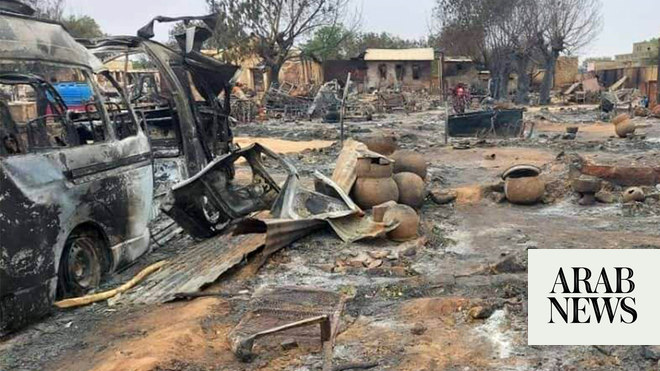
Almost lost in the tsunami of analysis and speculation that followed the US debacle in Afghanistan was the reality that a substantial near-permanent US presence in a country with minor strategic significance was unsustainable. After two decades and over $2 trillion spent on a textbook case of mission creep, President Biden merely gave way to the inevitable.
Of course, there will be consequences, now and well into the future. However, the fact remains that America is overstretched and fatigued in overseas ventures that military might, enormous financial heft and even an accelerating re-engagement in world affairs cannot sustain.
It is clearer now than ever that nation-building as an integral plank of US foreign policy has failed. In fact, since the end of the 19th century, American-led democratic nation-building has achieved only four successes out of 16 attempts in South America, Asia and Europe.
The world has changed. Seven decades since the last world war ended, peacekeeping interventions are mostly the responsibility of the UN, while covert operations, defense of allies and proxy wars hark back to a Cold War era that ended 30 years ago.
Apparently in response to that, US overseas interventions became multilateral, beginning with the Clinton administration’s attempts to rebuild Haiti in 1994. This was followed by President Bush ceding responsibility to the UN for rebuilding — yes, Afghanistan, after American military might toppled the Taliban.
However, simply switching from unilateral to multilateral nation-building with UN blessing does not result in greater success. It only confirms that the engagement of external forces in political engineering and rebuilding underdeveloped nations is doomed to fail. Weak states are too fragmented, and lack constitutional experience. They cannot effectively absorb economic assistance, and almost always have interests different from those of even the most well-intentioned outsiders.
It is these same characteristics that have often doomed US-led nation-building efforts in the Middle East. Outsiders become trapped in power struggles between rival groups, or are turned into cudgels for settling long-standing grievances. Without effective and disciplined state bureaucracies, judiciaries and security forces, outside powers also have to perform the most basic functions of government. Becoming so entangled in another country’s domestic affairs risks breeding resentment within local populations not keen on living under what is effectivel quasi-colonial rule.
In any case, outsider-led political engineering never creates effective state capacities and institutions. Rather, they evolve organically within a state, so it is impossible for external actors to radically change the underlying conditions that necessitated their intervention in the first place.
These are all good reasons for Washington to bury its interest in nation-building for good. That would enablethe White House to focus more on a growing list of domestic priorities, and — as Biden has suggested —restrict its foreign entanglements to defending only its essential interests.
However, even if the United States were no longer interested in nation-building, certain aspects of this daunting and ambitious endeavor should remain, although perhaps called by another name. The lessons from failed efforts at rebuilding post-conflict nations or bolstering fragile states should encourage reforms to traditional interventions. More nuanced approaches, tailored to each country’s unique characteristics, are likely to succeed, or at the very least accelerate the pace at which unstable states absorb targeted assistance.
Afghanistan need not be the death knell of American global leadership — it should instead be a turning point in how the US deals with the threats that have always emanated from unstable regions.
Hafed Al-Ghwell
There will always be failing states that need support from the international community, given the threat of terrorism and other security challenges in the wake of America’s retreat. Unlike the “forever wars” of the past 20 years, which have only driven citizen antipathy and disdain for military intervention, the US should reshape its overseas adventures to focus more on “state-building.” Priority should be given to development, rather than boots on the ground in the pursuit of narrow objectives with no credible end game. Afghanistan need not be the death knell of American global leadership — it should instead be a turning point in how the US deals with the threats that have always emanated from unstable regions.
If the US were to pull the plug completely, it would endanger the growing prosperity in parts of the developing world near the 30 or so countries burdened by limited government or constant conflict. Most of the world’s poorest live in these regions, and over the next decades they will require substantial external assistance in the form of food, shelter, dealing with COVID-19, reconstruction, support for displaced persons and refugees, andpropping up certain state functions to avoid complete collapse.
Unlike in the past, however, instead of military might, any future US-led multilateral efforts at state-building should be carried out by teams of civilians specialized in conflict resolution, enhancing stability in fragile states,and post-conflict reconstruction.
Hafed Al-Ghwell is a senior fellow with the Foreign Policy Institute at the John Hopkins University School of AdvancedInternational Studies. Twitter: @HafedAlGhwell
Disclaimer: Views expressed by writers in this section are their own and do not necessarily reflect Arab News" point-of-view












